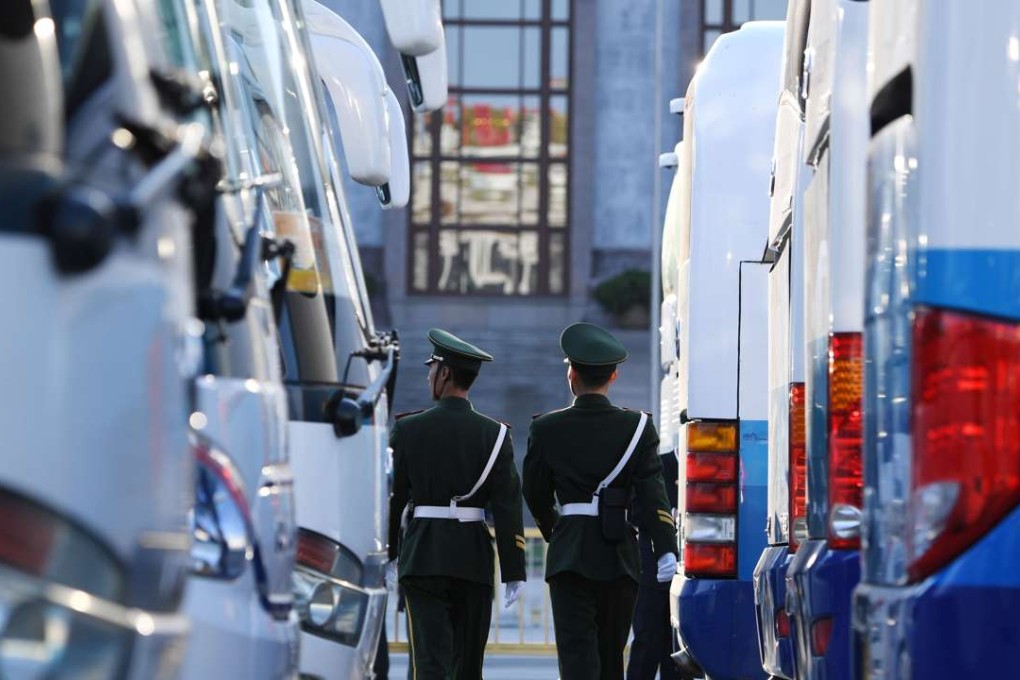China’s top bus firm to shy away from North America market

Zhengzhou Yutong Bus Co. chairman Tang Yuxiang said the world’s biggest bus maker will stay out of the North American market since there are enough profits to make in countries that are more welcoming to Chinese products.
The company has vehicles in more than 130 markets outside the US -- including Singapore, Russia and Saudi Arabia. That helped power a sales increase of almost 6 per cent last year, extending the company’s streak of higher profits to 21 straight years.
“We won’t do business in North America,” Tang, 63, said. “China and the US don’t have a very good relationship. We would like to go to the markets that are friendly to China.”
Sales of Yutong buses for public transportation, tour groups and schoolchildren dwarf those of competitors such as Warren Buffett-backed BYD and Germany’s MAN SE, even without a presence on US and Canadian roads. Its coaches are ubiquitous in China, carrying commuters in Beijing, Shanghai and the Tibetan city of Lhasa, and ferrying delegates at the annual gathering of the legislature in the capital.
Yutong’s lack of interest in the American market contradicts what Chinese carmakers have been trying to do since 2005, with Guangzhou Automobile Group Co. being the latest to announce a push into US showrooms as early as 2018. Great Wall Motor Co. is reviewing sites in the US to assemble a car designed for the North American market, Chairman Wei Jianjun said Monday.
These efforts come amid the possibility that trade tensions between the US and China may escalate if President Donald Trump follows through on his campaign threat to slap a levy on Chinese products of as much as 45 per cent. Trump accused China of unfair trade practises and currency manipulation, and he pledged to address both issues if elected.